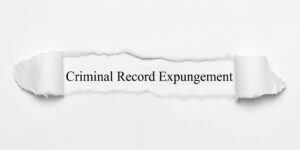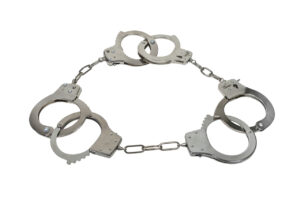If you’re facing tax evasion charges in California, you may be feeling overwhelmed and uncertain about what steps to take next. From potential penalties to navigating the legal system, having a clear understanding of the situation and your next best plan of action is crucial for a positive outcome. That’s where Bernal Law comes in.
Our experienced tax evasion defense attorney specializes in defending individuals and businesses facing tax evasion charges in California. Bernal Law understands the complexity of tax laws and can help navigate the legal system to protect your rights and achieve the best possible outcome for your case. Don’t let this charge intimidate you – let Bernal Law be your advocate and help you find a solution.
What Is Tax Evasion?
Tax evasion is not just a federal offense but is also a serious white-collar crime within the state of California. This deceptive practice is defined by the Revenue and Taxation Code section 19706 as the willful attempt to evade or defeat the assessment, collection, or payment of any form of tax. In simple terms, it involves intentionally underpaying or not paying the taxes you owe. Examples of tax evasion include underreporting income, hiding money in offshore accounts to avoid paying taxes, and using fraudulent documents to lower your tax bill.
This differs from tax avoidance, which is legal. Tax avoidance involves using the rules to minimize your tax burden, like accurately reporting your income and expenses to make the most of deductions and credits. It’s a fine line, but crossing it can lead to serious trouble in California.
How Does California Punish Tax Evasion?
Facing charges for tax evasion in California can be daunting, with the potential for both civil and criminal penalties. The California Franchise Tax Board (FTB) can impose a variety of civil penalties, including:
- Claims for unpaid taxes, along with interest and late payment penalties
- Liens on your property or assets
- Seizure of your property or assets
- Collection fees and costs
On the criminal side, penalties handed down by the courts may include:
- Up to one year of incarceration
- A fine of up to $20,000
- Probation or parole
- Restitution to the government
The severity of criminal penalties can vary and often depend on the offense’s gravity, the amount of tax evaded, and any prior criminal history. A conviction also leads to a criminal record, which can have wide-reaching effects on your life.
What Are Possible Defenses Against Tax Evasion?
Finding yourself accused of tax evasion can be a stressful experience, but remember, being charged doesn’t mean you’re automatically guilty. Your lawyer can explore several defenses to potentially reduce or even dismiss the charges against you. The following are common defenses seen in tax evasion cases:
- Mistake or misunderstanding: You might have made an honest mistake on your tax return. Proving it was an unintentional error can be a solid defense.
- Lack of intent: Demonstrating that you didn’t deliberately set out to defraud the tax authorities can be crucial. It must be clear that any evasion was not intentional.
- Inadequate evidence: The prosecution must prove beyond a reasonable doubt that you committed tax evasion. If the evidence doesn’t stack up, your case might be stronger than you think.
- Reliance on professional advice: If you followed the advice of a tax professional who led you astray, this could potentially mitigate your liability.
With the right defense strategy, you can address the charges head-on and work toward a favorable outcome. A knowledgeable attorney can help clarify which defenses might be most applicable to your case and how best to present them.
Need a California Criminal Defense Attorney? Contact Bernal Law Today
Facing tax evasion charges in California is a serious matter, but you don’t have to navigate it alone. At Bernal Law, we’re committed to clearing the path for you.
With Attorney Pedro Bernal’s background as a former prosecutor for almost a decade, he’s seen both sides of the courtroom, which gives him unique insight into what strategies might work best for your defense. If you’re worried about what your charge means and what steps to take next, we’re here to help. Call us at (619) 736-9092 or fill out our contact form for a confidential consultation.




